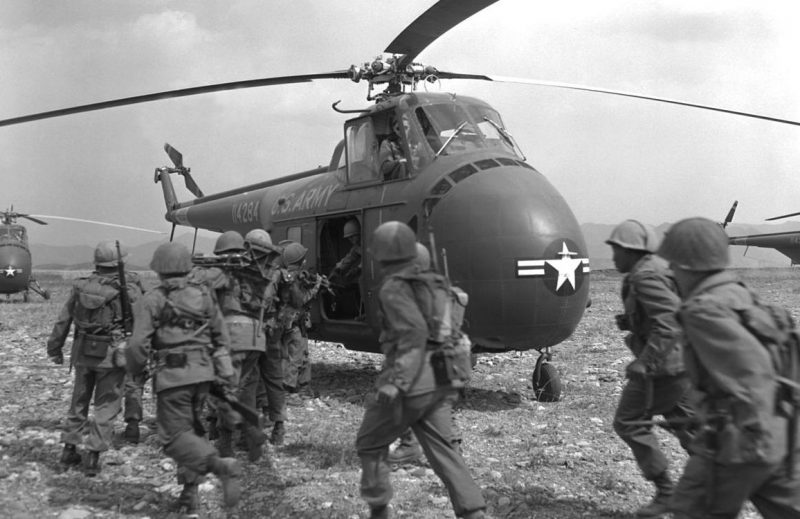Reading a work of fiction about combat experience in war can leave the reader feeling uncomfortable and disconcerted. Reading an actual account of wartime from a soldier’s point of view evokes stronger emotions, perhaps even horror.
The oral account of Marine Albert Riley (1929 to 2006) during the Korean War that occupied three years from 1950 to 1953 is one such case. He was posted to Inchon, Korea, in the conflict as democracy collided with communist totalitarianism.
The war, fifth in rank in terms of those killed or injured, left 33,000 dead. Rewritten excerpts from Riley’s account are cited from the Veterans Oral History Project at the Oldham County History Center.
He was going to be drafted and wanted to be where the action was. He was 22-years-old in February. We landed at Inchon Bay and he was assigned to the First Battalion, Seventh Marine First Division.
His first encounter with the enemy occurred at Baldy Point. Guns were firing, mortar rounds were falling. The fight started at dawn. So many rounds were fired from his firearm the barrel became so hot that it would self-shoot, and was only stopped by twisting the ammunition belt so the automatic feed wouldn’t function. If there had been a wrench, the barrel could’ve been changed out.
On the day he was wounded, he and other Marines had been awake for two days. They got inside the bunker and listened to the artillery shells raining down. One shell, a 76mm, made a direct hit on their shelter.
The world went topsy-turvy; he was thrown from the bunker and was pulled back in. His intestines were on the ground. Riley had been hit higher up in the body with the shrapnel travelling downward through his diaphragm and into his liver, Courier-Journal reported.
Put on a stretcher, Riley was moved on it to a Jeep, then a helicopter to be transferred to a MASH (mobile army surgical hospital) unit.
Riley was awarded the UN Korean Ribbon and the Purple Heart. He and Barbara were married for close to 30 years. He was employed at the Kentucky State Reformatory before retiring.
